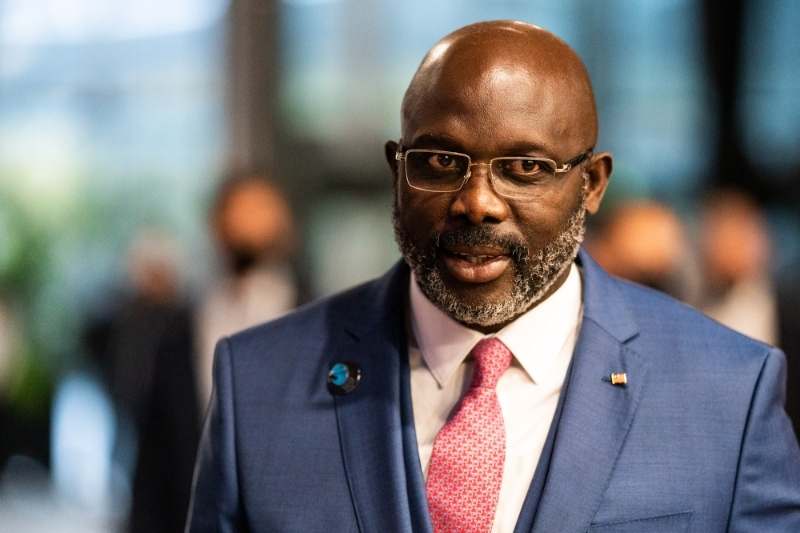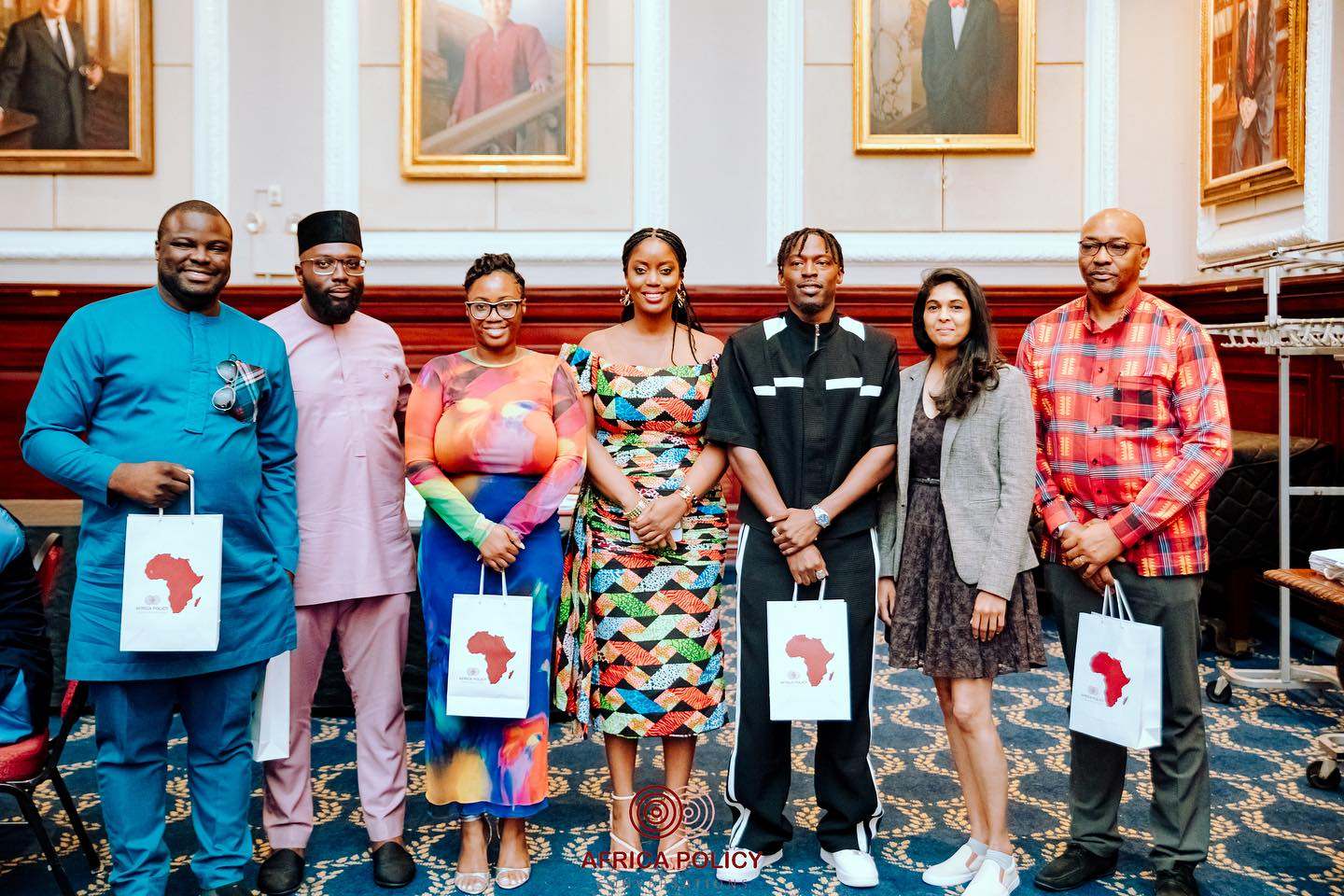Philanthropy is important, especially homegrown philanthropy within a community or region as it contributes to the overall well-being and development of the local area. Homegrown philanthropy is essential for fostering community development, addressing specific local needs, building social capital, supporting local nonprofits, promoting civic engagement, as well as sustainable economic development. Homegrown philanthropy empowers communities to take charge of their destinies.
There is wealth in Nigeria, especially in the hands of certain individuals. According to the 2021 Africa Wealth Report, Nigeria’s Ultra High Net Worth Individuals (UHNWI) are about 9,100 with a net worth of over $1 Mn. This amounts to a combined total wealth of approximately $207 billion, as of December 2020. Also, the 2023 edition reveals the ‘Big 5’ wealth markets in Africa — among which Nigeria is listed alongside South Africa, Egypt, Kenya, and Morocco. All of these together account for a significant 56% of Africa’s high-net-worth individuals and over 90% of the continent’s billionaires. According to the report, wealth held in Africa is forecast to rise 38% over the next 8 years to hit $3 trillion by 2031.
An important lesson from the past is that as the number of wealthy individuals and families grows in Africa as a whole, there is a high likelihood of an increase in philanthropic causes. With this, there is a growing need to incentivize these wealthy individuals to give to local and regional economic development and general national empowerment.
What are Incentives?
Simply put, incentives are noteworthy perks you can give your donors in exchange for their donations. These perks can be both tangible and intangible and are meant to incentivize people to donate by providing something in return for their support.
To incentivize philanthropic donations in Nigeria, the government and relevant stakeholders can implement a variety of strategies to make giving more attractive and especially rewarding for individuals and businesses.
In providing incentives, there should be a clear distinction between the incentives and the selling of a product or a service. If you decide to provide any incentives as part of your fundraising strategy, then it should be clearly stated and expressed to any donors.
A donor is not purchasing a product or service from your organization—rather, they are donating a certain amount of money, and as a way to show gratitude for their contribution, the nonprofit is giving them something in return.
Potential Incentivisation Approaches
- Tax Incentives:
Implement or enhance tax deductions or credits for high-net-worth individuals who make significant philanthropic donations. Providing financial incentives can encourage increased giving by reducing the after-tax cost of donations.
- Recognition Programs/ Impact Awards:
Establish recognition programs to publicly acknowledge and celebrate the philanthropic contributions of high-net-worth individuals. This could include naming opportunities, plaques, or public events to honour their generosity. - Customized Philanthropic Plans:
Work with high-net-worth individuals to create personalized philanthropic plans that align with their values and interests. Tailoring strategies to individual preferences increases the likelihood of sustained and meaningful contributions. - Partnerships with NGOs:
Facilitate partnerships between high-net-worth individuals and reputable non-governmental organizations (NGOs) to enhance the impact of philanthropic initiatives and provide opportunities for strategic, large-scale projects. - Impact Measurement and Reporting:
Provide transparent and detailed reporting on the impact of philanthropic donations. High-net-worth individuals often want to see measurable outcomes and the real-world effects of their contributions. - Matching Grant Programs:
Establish matching grant programs where the government or foundations match a percentage of the donations made by high-net-worth individuals. This amplifies the impact of their contributions and encourages larger gifts. - Legacy Giving Incentives:
Encourage high-net-worth individuals to include philanthropy in their estate planning. Provide incentives, such as favourable tax treatment, for planned giving and bequests to charitable causes. - Exclusive Philanthropic Events:
Host exclusive events or gatherings for high-net-worth donors, providing them with opportunities to network, learn about pressing social issues, and engage with experts in the field. These events can strengthen their connection to the causes they
support. - Engagement with Government Initiatives:
Encourage collaboration with government initiatives that align with philanthropic goals. This could involve joint efforts in addressing specific social challenges or contributing to national development projects.

Conclusion
The culture of horizontal giving is strong, relevant, and prevalent, but increasing the capacity of and promoting giving among ultra-high and high-net-worth individuals could enhance local philanthropy and build a more resilient philanthropic sector in Nigeria. Implementing a combination of these aforementioned strategies can create a more conducive environment, attracting increased support for charitable causes and contributing to the overall well-being of our communities.








One Response
this is good